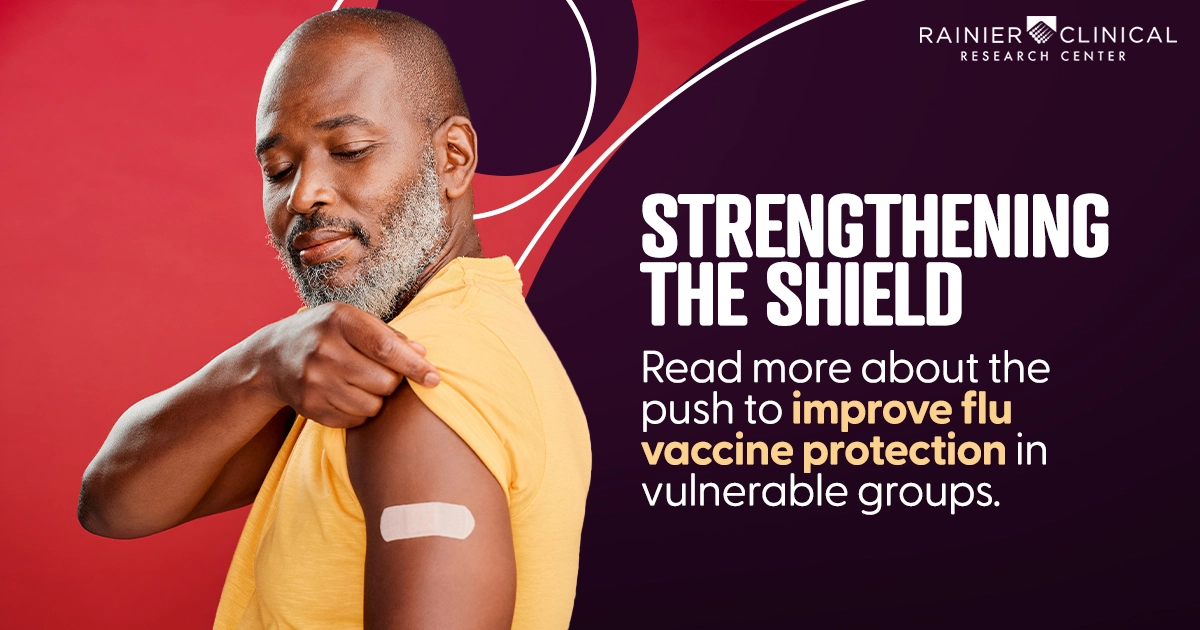

Why We Need to Improve Flu Vaccine Effectiveness in Vulnerable Populations
Every year, millions of people receive the seasonal flu vaccine to protect themselves and those around them. While the vaccine is an essential tool in reducing the severity and spread of influenza, its effectiveness can vary across different groups of people. For certain populations, especially vulnerable groups, the flu vaccine may not provide the same level of protection, highlighting the need for ongoing improvements and innovation.
Why Flu Vaccine Effectiveness Varies
Flu viruses are constantly changing, which means the flu vaccine has to be updated each year. Even when the vaccine is a good match to circulating strains, some individuals may not respond as strongly due to age, immune system health, or underlying conditions. Factors like these can lead to reduced protection in people who often need it most.
Vulnerable Groups Most Affected
Certain populations are at higher risk for complications from the flu and may benefit less from the current vaccine approach:
• Older adults: Age-related changes in the immune system can make it harder to mount a strong defense.
• Young children: Their immune systems are still developing, making them more susceptible to illness.
• Individuals with chronic health conditions: Conditions like asthma, diabetes, and heart disease can increase the risk of flu complications.
• Immunocompromised individuals: Those undergoing treatments like chemotherapy or living with conditions that weaken the immune system may not get enough protection from the vaccine alone.
The Path Forward
Researchers are working on ways to make flu vaccines more effective for everyone, from high-dose formulations for older adults to universal flu vaccine candidates that could provide longer-lasting protection against multiple strains. Improving vaccine effectiveness in vulnerable populations is not only about reducing illness but also about preventing serious complications, hospitalizations, and even deaths.

Why Research Matters
Clinical research plays a critical role in developing next-generation vaccines. By participating in studies, volunteers help researchers test new approaches that could provide stronger, longer-lasting protection, especially for those who need it most. Explore research studies for the flu today and see how you can contribute to a healthier future.


